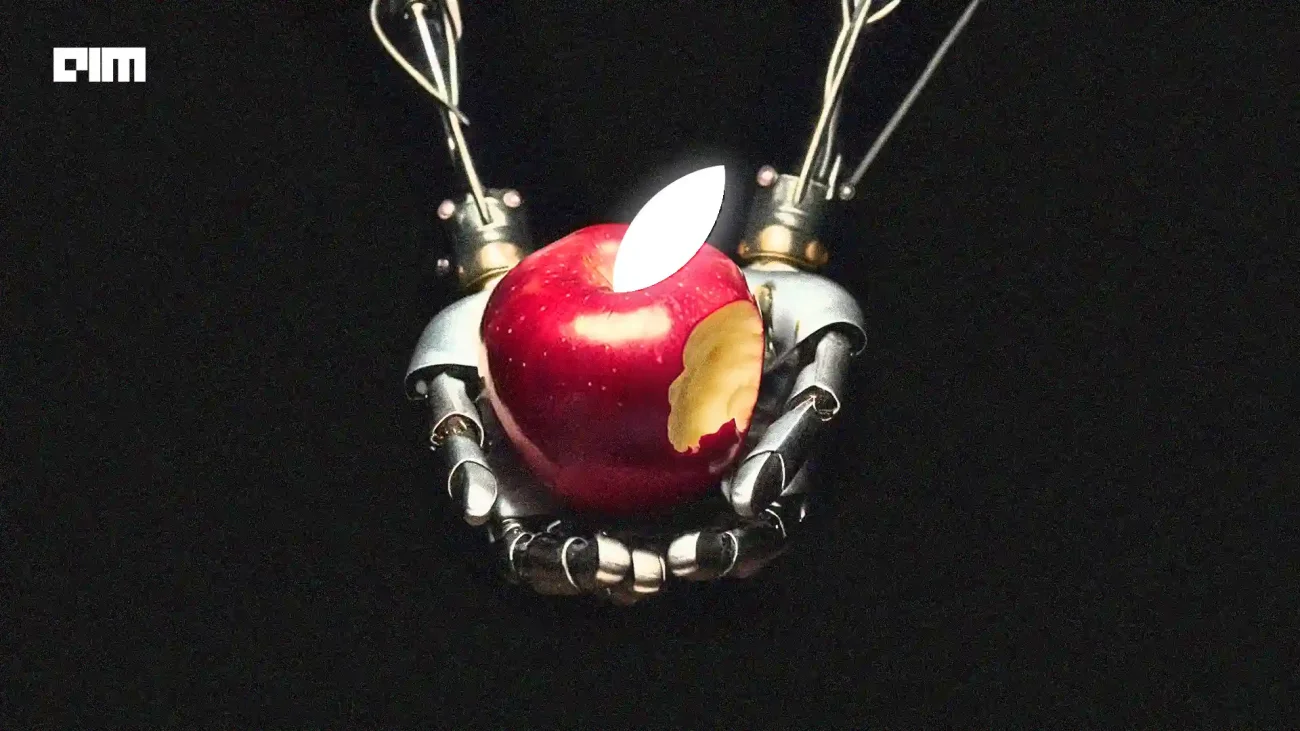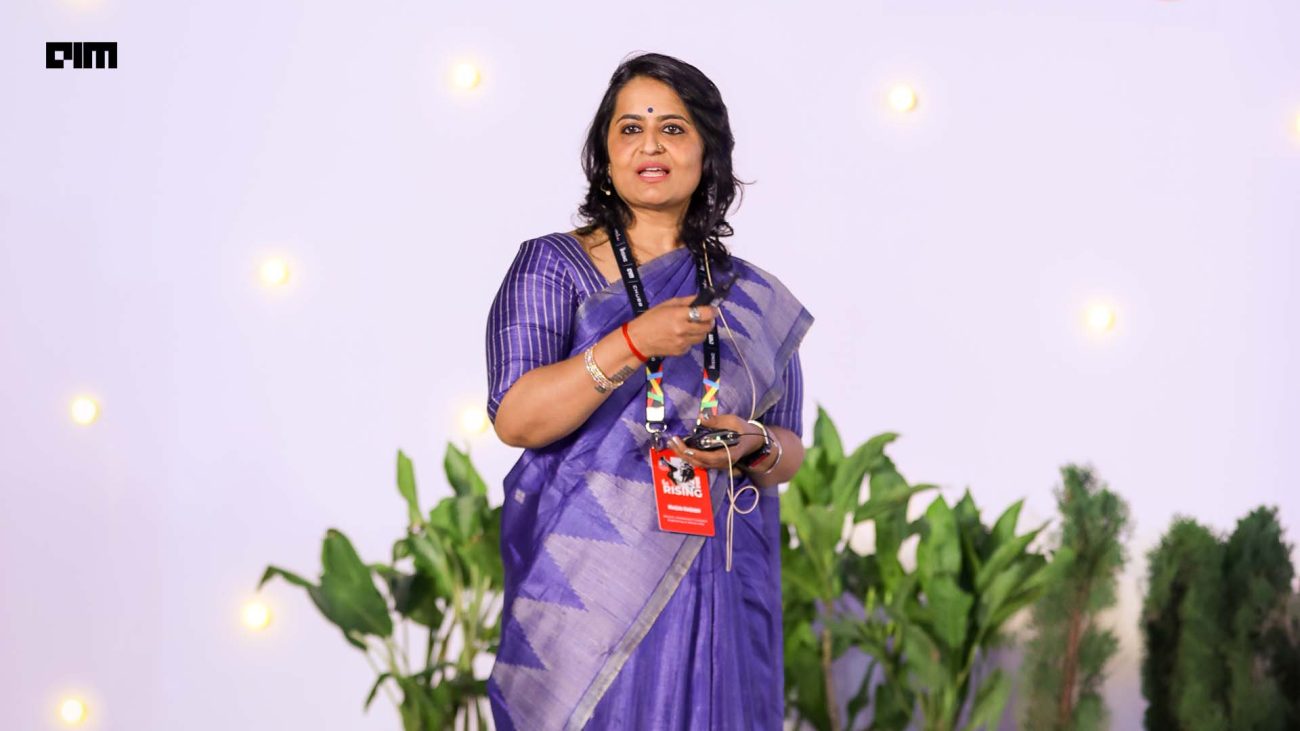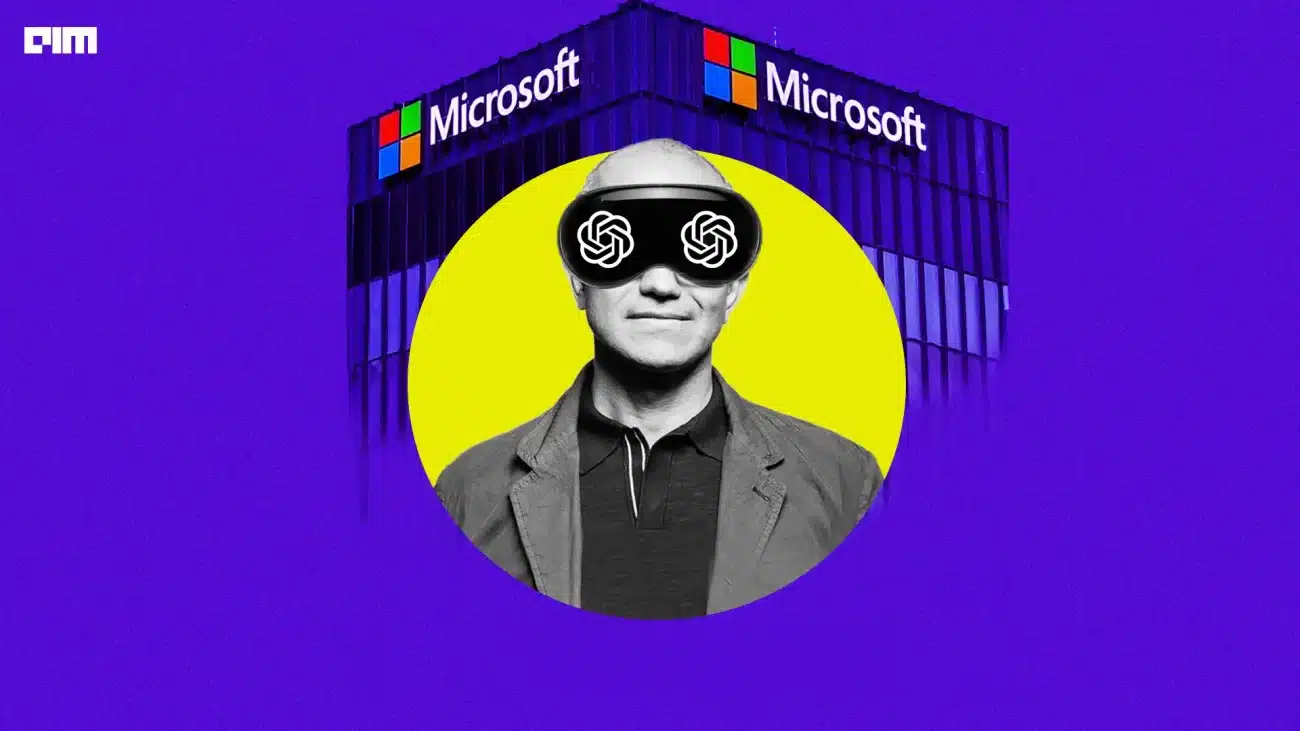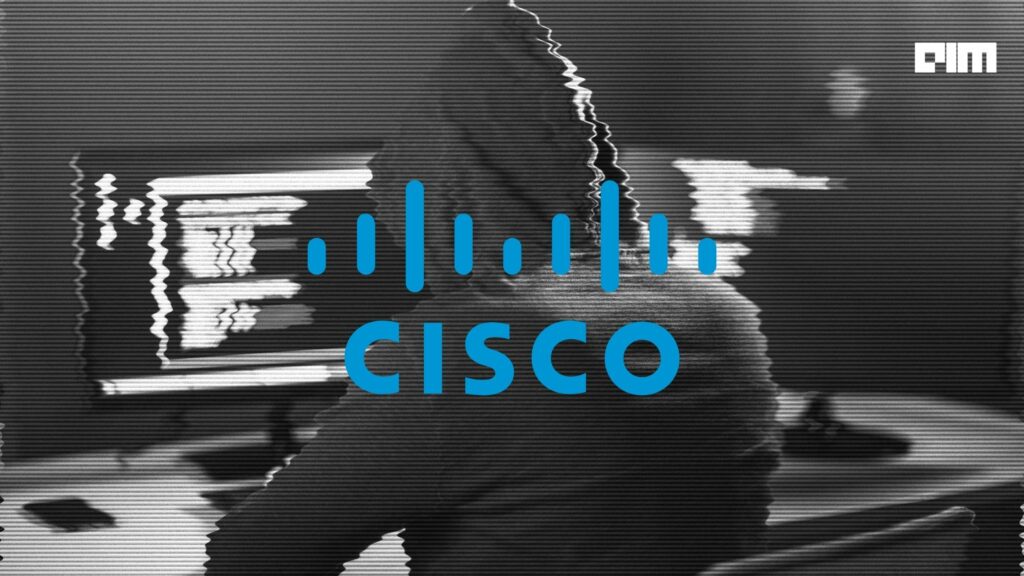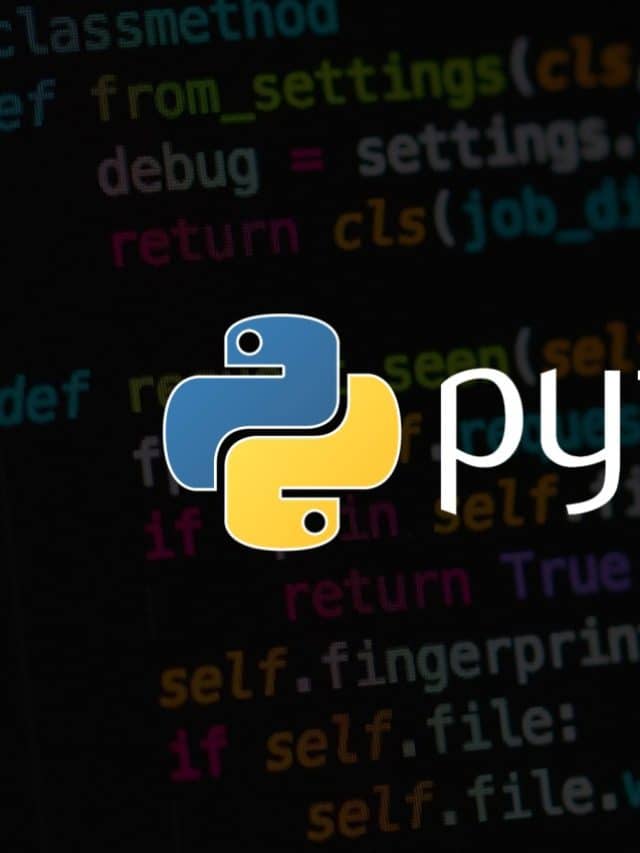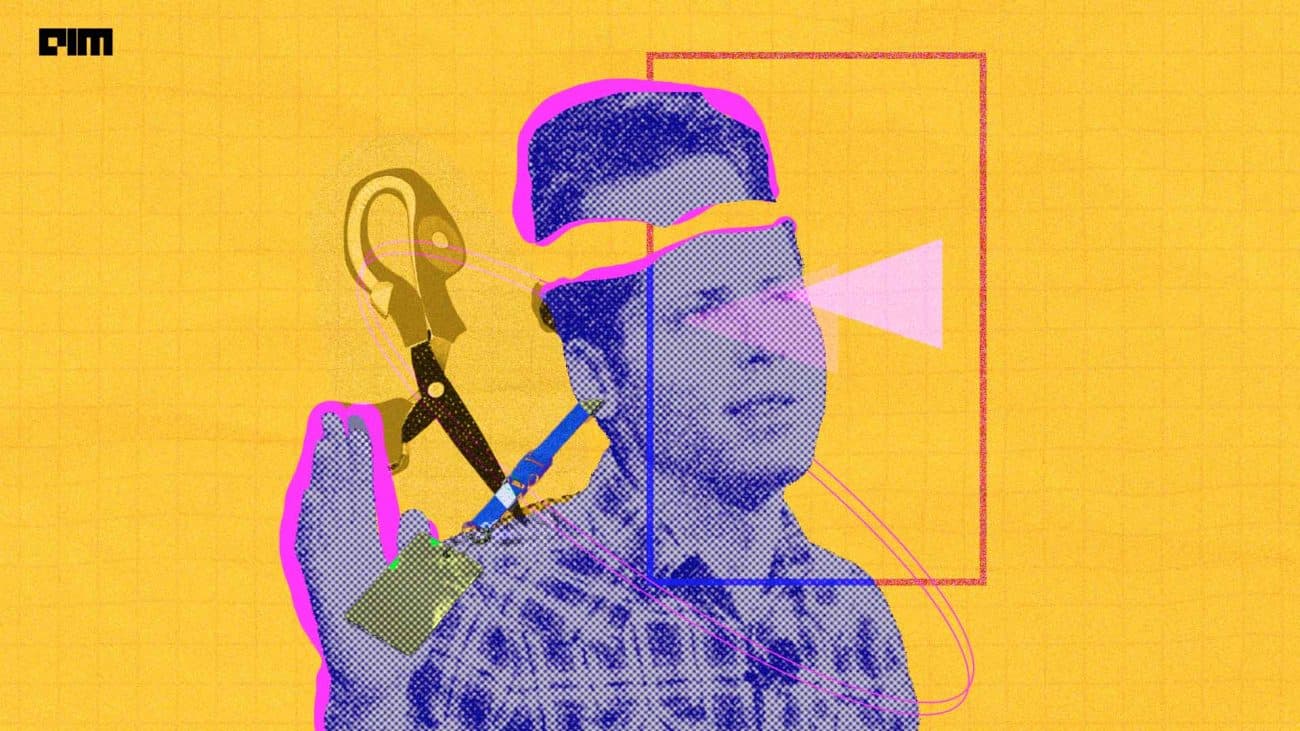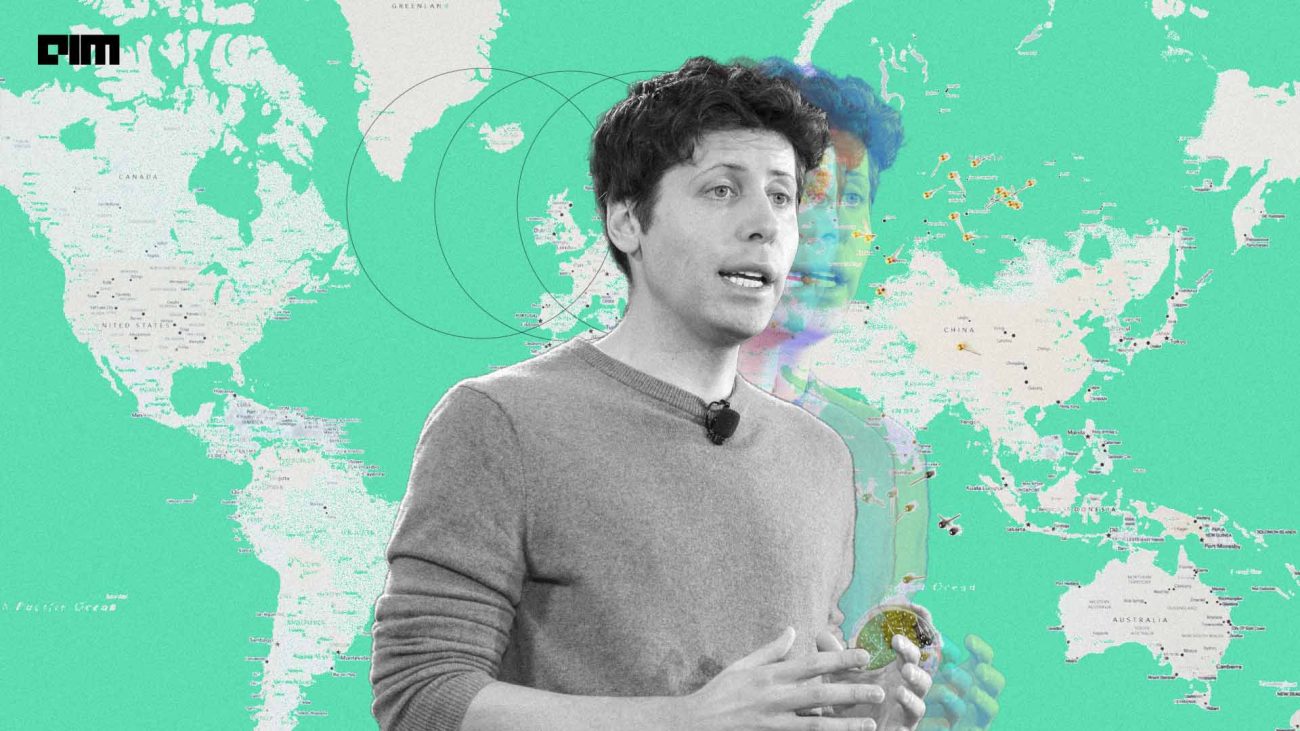Meta chief Zuckerberg has thrown his hat into the ring in the pursuit of AGI. In his recent Instagram post, he announced, “Our long-term vision is to build general intelligence, open-source it responsibly, and make it widely available so everyone can benefit.”
To achieve this, he merged his two major AI research efforts, FAIR and the GenAI team. “We’re bringing our two major AI research efforts (FAIR and GenAI) closer together to support this,” his post read.
The merger of the FAIR and GenAI teams is truly intriguing. FAIR is dedicated to research, while the GenAI team is focused on generative AI experiences for users on Meta’s apps. During last year’s Meta Connect, new features for creators were announced on Facebook and Instagram, which included AI-powered image editing, sticker generation, and personalised recommendations.
This merger reminded many of the Google Brain and DeepMind merger that took place last year. “FAIR was part of Reality Labs – Research (RL-R), primarily focusing on the Metaverse, AR, VR, and MR. Given the increasing importance of AI and FAIR’s close relationship with GenAI, it made sense for FAIR and GenAI to be under the same umbrella,” wrote Yann Lecun, Meta’s AI chief scientist.
GPUs = AGI?
Considering Meta’s computational resources, they might surge ahead in the AGI race. “We’re currently training our next-gen model Llama 3, and we’re building massive compute infrastructure to support our future roadmap, including 350k H100s by the end of this year — and overall almost 600k H100s equivalents of compute if you include others” said Zuckerberg.
The current number of GPUs possessed by Meta doesn’t come as a surprise, given that last year, Meta had 150K H100s, the highest compared to other players, including Google, Amazon, and Oracle.
Interestingly, this marks the first time a major tech company has openly disclosed precise figures. On the flip side, the number of GPUs at OpenAI remains undisclosed, although Sam Altman hinted that they possess enough for training GPT-5.
While Zuckerberg has set his sights on AGI, Sam Altman recently downplayed its impact and said, ‘It will change the world much less than we all think, and it will change jobs much less than we all think,’ during a conversation at the World Economic Forum in Davos, Switzerland.
“I believe that someday we will make something that qualifies as an AGI by whatever fuzzy definition you want, the world will have a two-week freakout and then people will go on with their lives,” he expressed in another conversation at Davos .
AGI in Metaverse
Zuckerberg is hopeful that once AGI is achieved, it will not exist solely in the physical world but rather in a blend of virtual and physical reality. “People are also going to need new devices for AI and the Metaverse. Because over time I think a lot of us are going to talk to AIs frequently throughout the day.” he said.
Further, he opines that Meta’s Ray-Ban glasses are the ideal form factor for enabling AI to see what you see and hear what you hear. “Ray Ban Meta Glasses with Meta AI are off to a very strong start and overall across all this stuff we are just getting started”, he said.
Additionally, he dropped hints that Meta is still committed to the Metaverse and actively investing in it. The company is allocating an annual budget of over $15 billion to support Reality Labs and advance the development of the metaverse. Last year, Zuckerberg appeared on a podcast with Lex Fridman, which also happened to be the first interview to happen in the Metaverse.
Is Meta the new OpenAI?
Ultimately, the concept of open-source AGI might compel OpenAI to reconsider its strategy, given that the company initially embraced the idea of open-sourcing models.
At the recently concluded World Economic Forum, LeCun advocated for open-source foundational models emphasising that OpenAI wouldn’t be what it is today without the contributions from the open-source community.
“OpenAI does not have a monopoly on good ideas. They’re not going to get to AGI by themselves; in fact, they’re using PyTorch and Transformers, which were published by many of us. They’re profiting from the open research landscape,” he said.
“Zuck and Yann LeCun will go down as heroes in human history! Fighting for ‘Open AI’ when the incumbents sought to shut it down! Unbelievable how much the vibes from Meta have changed over the last year. That, and maybe it’s time for a name change – Meta to OpenAI,” wrote Bindu Reddy, Chief at Abacus.ai, on X.
Likewise, Perplexity chief Arvind Srinivas said,” Open Source AGI is an amazing vision. You (Meta) are building a very powerful technology, and actually aligning to what makes sense for the world: more people have a say in what makes sense and doesn’t”.



















